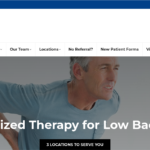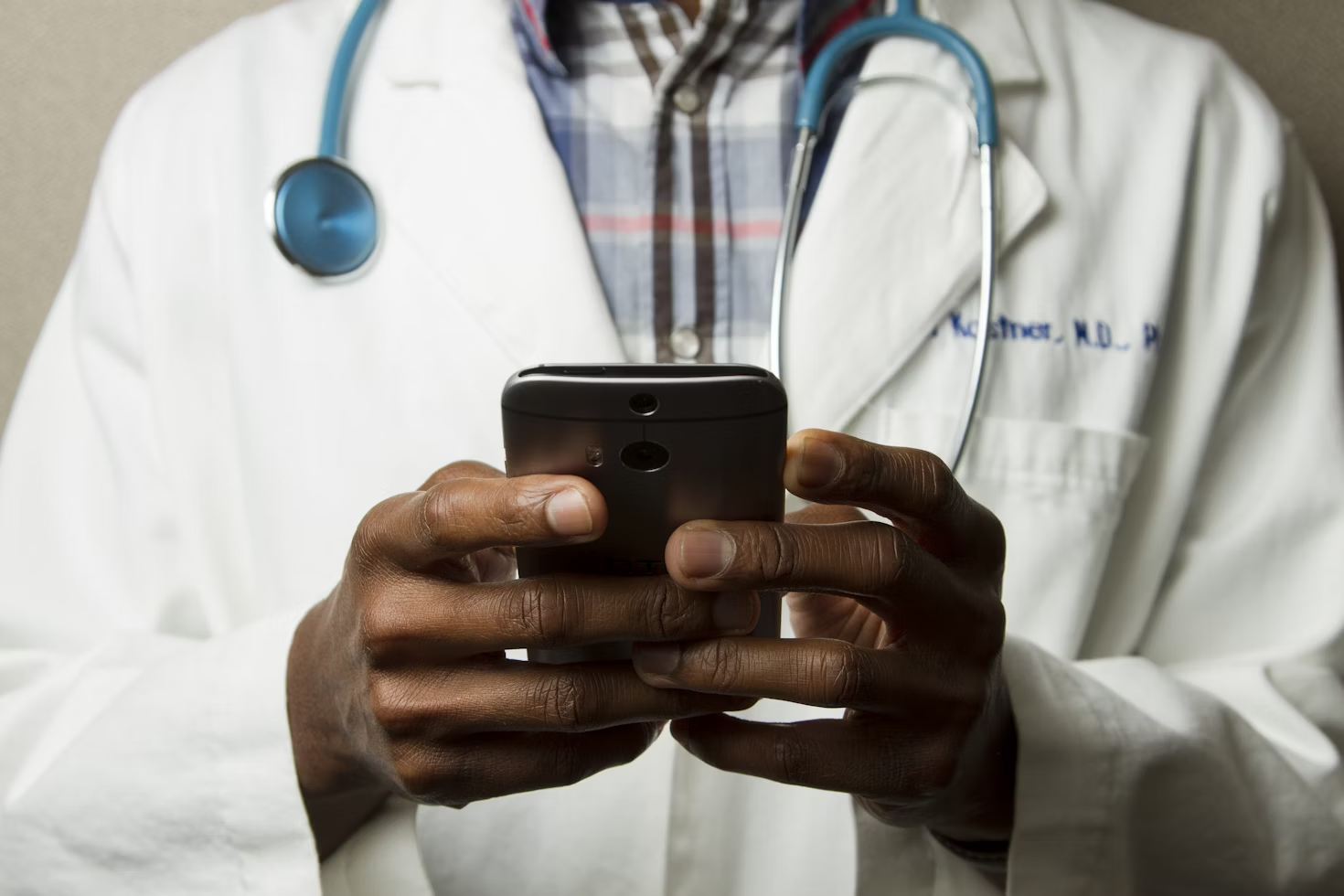Introduction
Artificial Intelligence (AI) and the Internet of Things (IoT) are revolutionizing various sectors, with healthcare being one of the most significantly impacted. AIOTechnical.com, a leading source for AI and IoT insights, offers a plethora of information on how these technologies are transforming health. This article delves into the various ways AI and IoT are enhancing healthcare, explores their benefits and challenges, and provides a comprehensive overview of the future of AIOTechnical.com health.
The Intersection of AI and IoT in Healthcare
AI and IoT are two of the most groundbreaking technologies of our time. When combined, they create AIoT—Artificial Intelligence of Things. This powerful duo is revolutionizing healthcare by enabling real-time data collection, analysis, and action, leading to improved patient outcomes and operational efficiencies.
AI in Healthcare
Artificial Intelligence in healthcare involves the use of machine learning algorithms and software to emulate human cognition in the analysis, interpretation, and comprehension of complex medical and healthcare data. Some of the key applications of AI in healthcare include:
- Medical Imaging and Diagnostics: AI algorithms can analyze medical images such as X-rays, MRIs, and CT scans to detect anomalies and assist in diagnosing conditions with high accuracy.
- Predictive Analytics: AI can predict patient outcomes and potential health risks by analyzing historical data, helping in proactive care management.
- Natural Language Processing (NLP): NLP allows AI to understand and process human language, making it possible to analyze clinical notes, research papers, and patient reviews to extract valuable insights.
IoT in Healthcare
The Internet of Things in healthcare refers to interconnected devices that collect and exchange data to monitor and improve patient care. Key applications of IoT in healthcare include:
- Remote Patient Monitoring (RPM): IoT devices such as wearable sensors and home monitoring equipment allow for continuous monitoring of patients, providing real-time data to healthcare providers.
- Smart Hospitals: IoT-enabled devices and systems in hospitals enhance operational efficiency by automating routine tasks, improving patient flow, and optimizing resource management.
- Medication Management: IoT can ensure patients adhere to their medication schedules by providing reminders and tracking medication intake.
Benefits of AIOTechnical.com Health
The integration of AI and IoT in healthcare, as detailed on AIOTechnical.com, offers numerous benefits:
- Improved Patient Outcomes: AI and IoT enable early diagnosis and intervention, reducing the likelihood of complications and improving recovery rates.
- Operational Efficiency: Automation and data-driven decision-making streamline healthcare operations, lowering costs and improving the quality of care.
- Personalized Medicine: AI can analyze a patient’s genetic makeup and lifestyle to recommend customised treatment plans, leading to more effective care.
- Remote Care: IoT devices facilitate remote patient monitoring, reducing the need for frequent hospital visits and allowing patients to receive care in the comfort of their homes.
- Enhanced Data Management: AI can process and analyze vast amounts of data quickly, providing actionable insights for healthcare providers.
Challenges and Considerations
Despite the numerous benefits, the implementation of AI and IoT in healthcare comes with challenges:
- Data Privacy and Security: Protecting sensitive patient data is paramount. Healthcare providers must ensure that AI and IoT systems comply with stringent data protection regulations.
- Interoperability: Integrating AI and IoT devices with existing healthcare systems can be complex due to varying standards and protocols.
- Cost: The initial investment in AI and IoT technology can be significant, which may be a barrier for some healthcare providers.
- Ethical Considerations: The use of AI in decision-making raises ethical questions, particularly regarding accountability and transparency.
The Future of AIOTechnical.com Health
The future of AI and IoT in healthcare looks promising, with continuous advancements expected in the coming years. AIOTechnical.com health is poised to be at the forefront of these developments, providing insights and updates on the latest trends and innovations.
Emerging Trends
- AI-Powered Telemedicine: The COVID-19 pandemic accelerated the adoption of telemedicine. AI enhancements in telemedicine platforms will improve diagnostic accuracy and patient engagement.
- Smart Implants: IoT-enabled smart implants that can monitor health conditions and deliver medications or electrical stimuli are being developed.
- AI-Driven Drug Discovery: AI can significantly speed up the drug discovery process by predicting how different compounds will interact with targets.
- Blockchain for Health Data Security: Blockchain technology can provide secure and transparent health data management, addressing privacy and security concerns.
- Robotic Surgery: AI-driven robots assist in surgeries, giving precision and reducing recovery times.
Final Thoughts
AI and IoT are transforming healthcare in unprecedented ways. The insights provided by AIOTechnical.com health highlight the vast potential of these technologies to improve patient care, enhance operational efficiency, and drive innovation in the medical field. As we continue to explore and implement AI and IoT in healthcare, it is essential to address the challenges and ethical considerations to ensure these technologies benefit all stakeholders.
Questions and Answers
Q: How does AI improve diagnostic accuracy?
A: AI algorithms can analyze medical images and data with high precision, identifying patterns and anomalies that human eyes may miss. This leads to more accurate diagnoses and early detection of diseases.
Q: What are the privacy concerns with AI and IoT in healthcare?
A: The primary concern is the protection of sensitive patient data. Ensuring that AI and IoT systems comply with data protection regulations and implementing robust security measures are crucial to safeguarding patient information.
Q: How can IoT enhance patient care at home?
A: IoT devices such as wearable sensors and home monitoring systems enable continuous monitoring of patients’ health conditions. This allows healthcare providers to receive real-time data and intervene promptly if any issues arise, reducing the need for frequent hospital visits.
Q: What is the role of AI in personalized medicine?
A: AI can analyze a patient’s genetic information, lifestyle, and medical history to recommend personalized treatment plans. This approach tailors medical care to the individual, increasing the effectiveness of treatments.
Q: What are the cost implications of implementing AI and IoT in healthcare?
A: While the initial investment in AI and IoT technology can be substantial, the long-term benefits include improved operational efficiency, reduced healthcare costs, and better patient outcomes. Over time, these technologies can lead to significant cost savings for healthcare providers.
Unraveling the Mysterious in Meaning: A NYT Crossword Conundrum
Event Cleaning Excellence: How Professional Services Ensure a Spotless Venue






